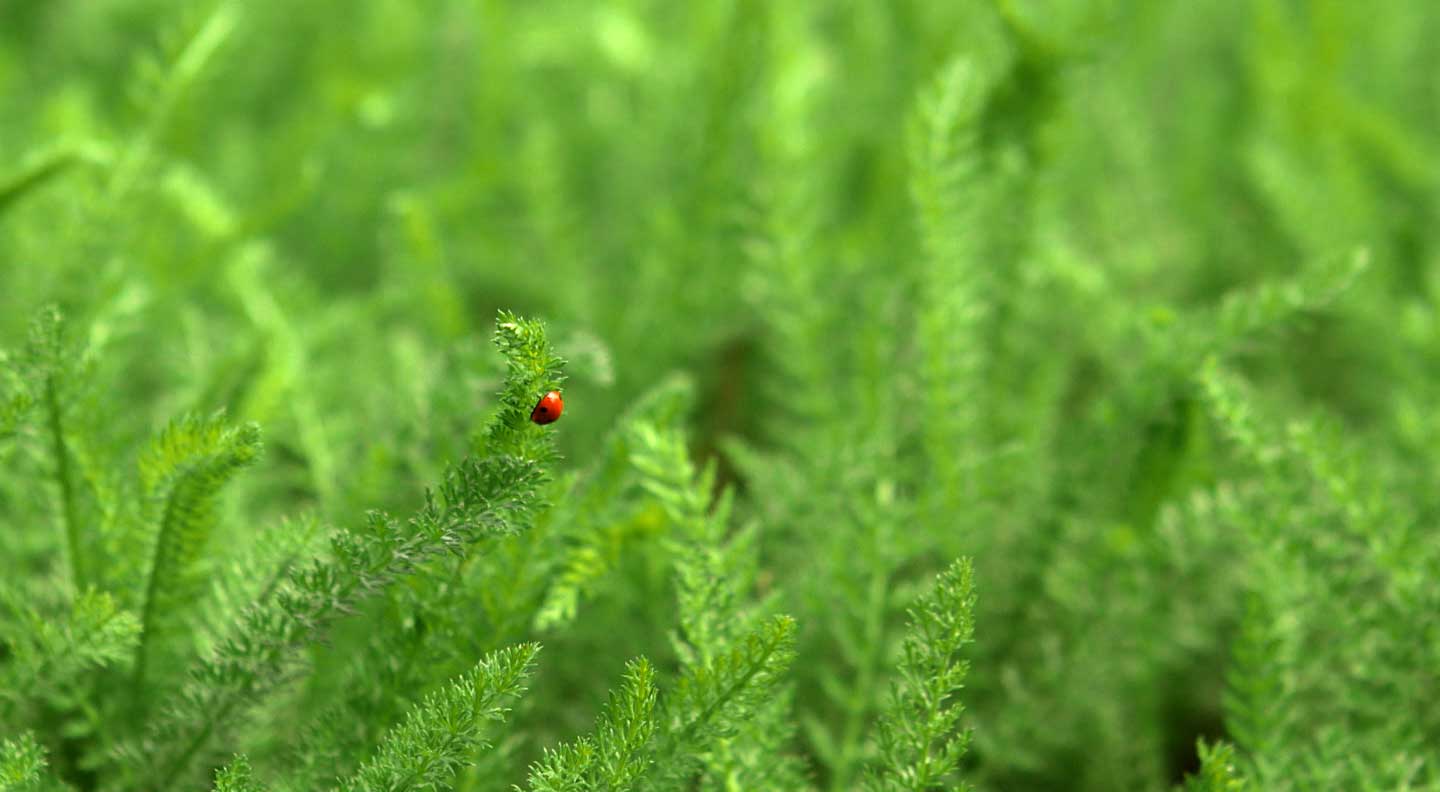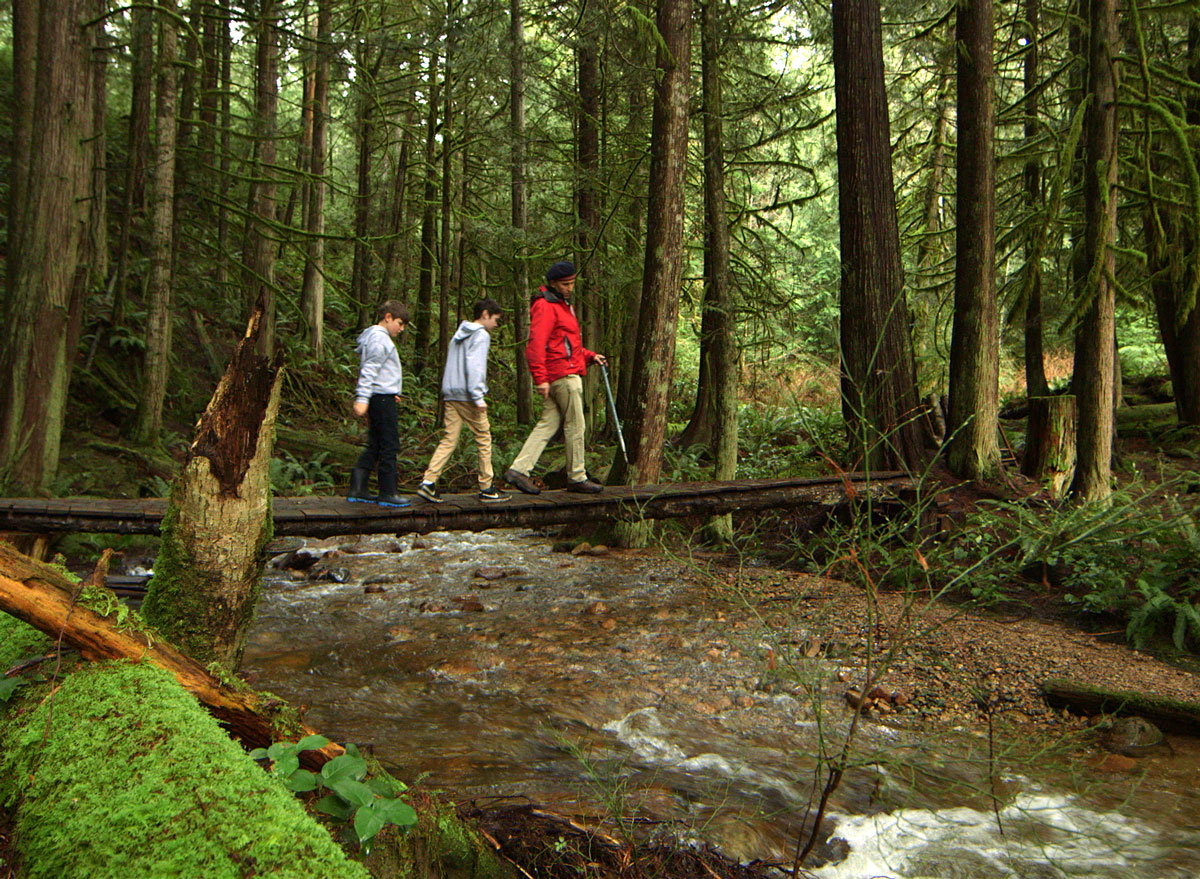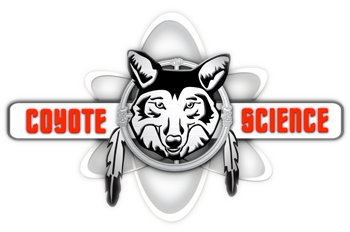“For Native people, ‘seeking life’ was the all-encompassing task. While there were tribal specialists with particular knowledge of technologies and ritual, each member of the tribe in his or her own capacity was a scientist, an artist, a storyteller and a participant in the great web of life.” — Gregory Cajete, Native Science: Natural Laws of Interdependence
Our show has been created with the support, wisdom and guidance of many collaborators and advisors — we’re all committed to promoting Indigenous science and supporting our youth! Core concepts that make Aboriginal science distinct from Western perspective science include a focus on all things being in a state of flux (never fixed or unchanging), observational learning, cooperative and team learning, and the idea that everything, including science, has a story. We have defined our content, based on our consultation, research and our own understanding of Indigenous knowledge systems.


Coyote Science is guided by many core Indigenous principles, including:
- We seek to strengthen Indigenous ways of knowing, education and research.
- We respect Indigenous spiritual beliefs, culture and languages.
- We work to promote the well-being and education of Indigenous children and youth.
- We seek to protect and advocate Indigenous cultural and intellectual property and promote the advancement of traditional Indigenous knowledge.
- To be respectful and cognizant that Indigenous knowledge is tied to “Place” and cultural specificity and histories.
- We work to help Indigenous families, communities and Nations to develop meaningful Indigenous science education.
- We acknowledge that there are many Indigenous Nations, languages, ways of living and knowledge systems, and each are distinct and sovereign.
- Celebrate Aboriginal science as a viable field of study that has a place in the contemporary practice of science, engineering and mathematics.
- Introduce Aboriginal youth to scientists in their community who can inspire them, encourage a love of the sciences, and teach them to appreciate indigenous world views and approaches.
